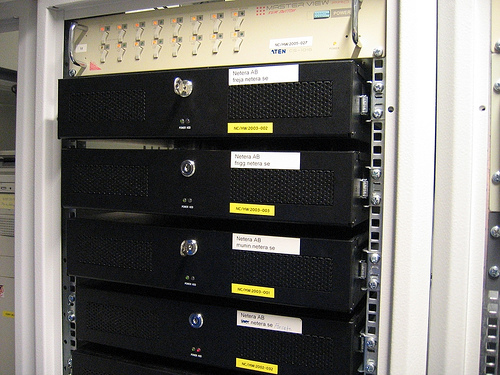Since the invention of mainframe computers, technology and business has gone hand in hand. With the increased stability, lower costs, and ease of access of the internet, more businesses have taken a look at virtual business options. One of these options that are changing the way business is conducted is the virtual data room. Often used in facilitating the due diligence process of mergers and acquisitions, these virtual document storage and distribution hubs are expanding to other industries.
What are Virtual Data Rooms?
A virtual data room, or VDR, is an online solution to traditional data rooms which houses confidential and sensitive documents. Industries that commonly utilize VDRs include law, insurance, and health care. The importance of secure document management, distribution and access has sparked these industries to create a virtual solution for streamlining projects, processes, and the purchases and sales of businesses.
A virtual data room is set up on a secure extranet, an extension of a company’s internal network. This allows secure login, login management, document hosting, sharing, and access for those involved in a project or sale. If properly set up, the VDR allows tighter security and less permissions than a company’s current internal network. This is important for industries that need to give viewable access to confidential information without risk of the information being lost or shared.
With Digital Rights Management a document can be viewed only, unable to be printed or shared. This creates more security for sensitive information while allowing internet access to the documents held in the VDR. Those involved in the project will have the ability to view a document, but will not be able to email, print, or share the files, much like a traditional data room in which the documents are kept and monitored.
Who Uses VDRs?
In law, these VDRs are commonly used to facilitate mergers and acquisitions and have proven to result in 20%-30% higher bid values during sales. As access is permitted 24/7, times zones, scheduling conflicts and the use of mobile devices to access the information eliminate the restrictions law offices faced in the past.
The health care industry has discovered the value and security of VDRs. While keeping patient files confidential, hospitals and doctors are able to collaborate with each other on cases through secure VDRs. This is especially important to protect the privacy of patients, clients, and other health care institutions.
Insurance companies are also utilizing virtual data rooms to allow access to those working on a claim without risking the client’s personal information being leaked or accessed by others. As financial details are often discussed during claims, privacy and security is of the utmost importance.

When to Utilize VDRs?
Although law offices, health care professionals and insurance companies utilize VDR’s more than other industries, a virtual data room can be created for any business. If your company archives sensitive financial or personal information for clients or customers, a virtual data room may be an option. Keeping your documents confidential but accessible is what a VDR is all about.
Along with security, virtual data rooms offer additional benefits to a company looking to create an online resource for documents. Some of these benefits include:
- Low Costs: A virtual data room is a low cost method of hosting and sharing documents and eliminates the need for hosting traditional meetings which could incur travel costs.
- Time Savings: In the past, traditional meetings had to be scheduled during times when everyone could be present. With a VDR in place, those working on the project can access the information whenever and wherever it is convenient, eliminating travel wait times and scheduled meetings.
- Compliance and Transparency: With Digital Rights Management, everyone working on the project would stay in compliance with the company’s policies and federal restrictions, for instance meeting HIPAA guidelines for Health Care.
As technology evolves, today’s businesses must also evolve. Online business, mobile access, and instant files sharing allow companies to streamline processes that were time consuming in the past. If your business is in the process of going virtual, you can include your confidential documents as well. Setting up and managing a virtual data room is a fast, efficient and cost effective way of managing any project, acquisition, or sale.



